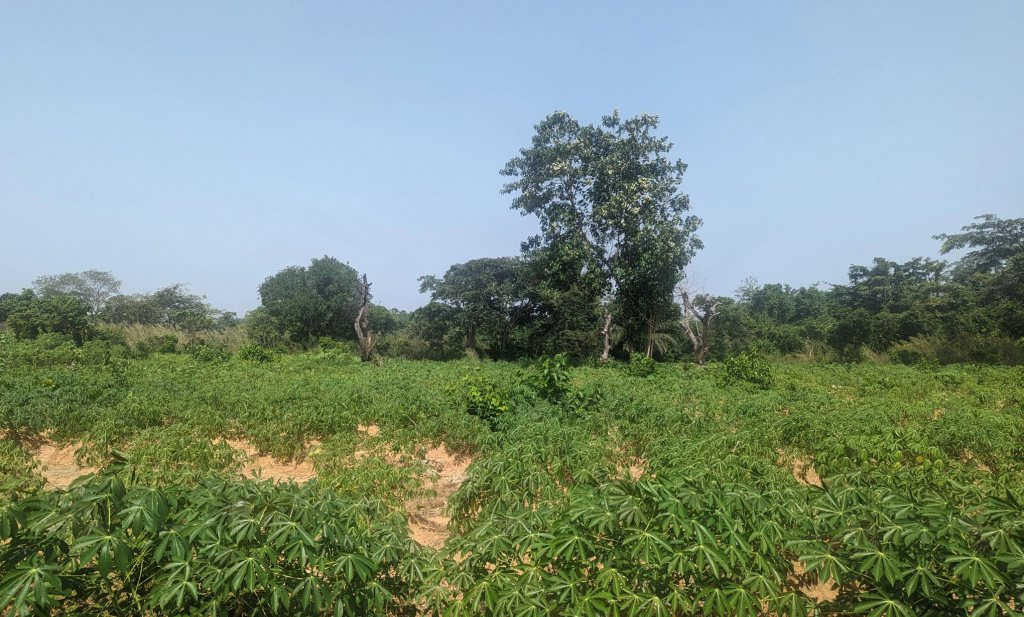Every day we are faced with new challenges and realities in the agricultural sector: insecurity, inflation, climate crisis amongst others. Their impact has drastically challenged the status quo, distorting the supply chain and increasing the number of hungry people in our society. The situation is becoming more critical and there is a need for more knowledge to overcome the impending challenges.
In response to these challenges, organizations and institutions are developing new ways to cope and build resilience for the agricultural sector to continue to produce food and sustain the food system.
However, the dissemination of this information has been restricted due to the lack or deficiency of information distribution infrastructure. Thus, critical stakeholders are either not aware and continue to face these challenges with severe consequences or are aware but have no continuous support to help them through these challenges. This situation is even worse for women and young people in the agricultural sector; as they are deprived or neglected totally. Therefore, the importance of extension service systems cannot be overemphasized in developing countries. There is an urgent need to develop or support private agricultural extension services to serve as the solution for dearth in information and knowledge for critical agricultural stakeholders - especially those in hard to reach regions to help improve their coping strategies and embracing better resilient strategies to improve agricultural productivity.
Access to relevant knowledge and new information and continuous technical support will better shape the agricultural sector to a more productive sector achieving food security. As the needs for food of the people changes, their behaviour changes, the type of food demanded changes, and the quantity changes. Likewise the food producers need better insights to recognise these challenges and embrace new ways to produce and meet the needs of the growing population. This can only be achieved by investment in agriculture extension systems serving their intended purpose in the sector.
When food becomes a strategy, it is easier to win the battle against food security and hunger. This can only be possible when the driving force is the right knowledge.
Yours-in-Service
Babatunde
However, the dissemination of this information has been restricted due to the lack or deficiency of information distribution infrastructure. Thus, critical stakeholders are either not aware and continue to face these challenges with severe consequences or are aware but have no continuous support to help them through these challenges. This situation is even worse for women and young people in the agricultural sector; as they are deprived or neglected totally. Therefore, the importance of extension service systems cannot be overemphasized in developing countries. There is an urgent need to develop or support private agricultural extension services to serve as the solution for dearth in information and knowledge for critical agricultural stakeholders - especially those in hard to reach regions to help improve their coping strategies and embracing better resilient strategies to improve agricultural productivity.
Access to relevant knowledge and new information and continuous technical support will better shape the agricultural sector to a more productive sector achieving food security. As the needs for food of the people changes, their behaviour changes, the type of food demanded changes, and the quantity changes. Likewise the food producers need better insights to recognise these challenges and embrace new ways to produce and meet the needs of the growing population. This can only be achieved by investment in agriculture extension systems serving their intended purpose in the sector.
When food becomes a strategy, it is easier to win the battle against food security and hunger. This can only be possible when the driving force is the right knowledge.
Yours-in-Service
Babatunde
Related



